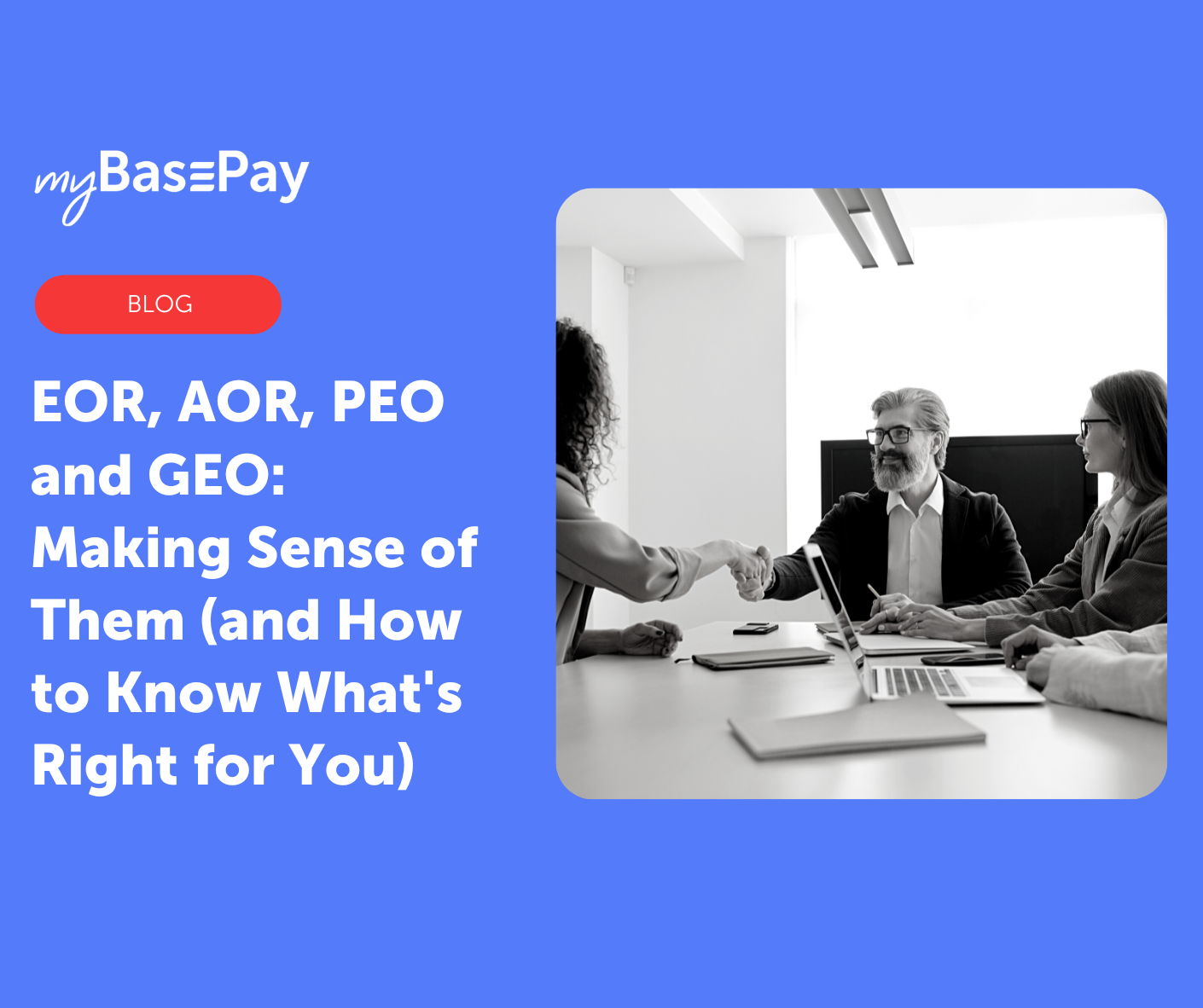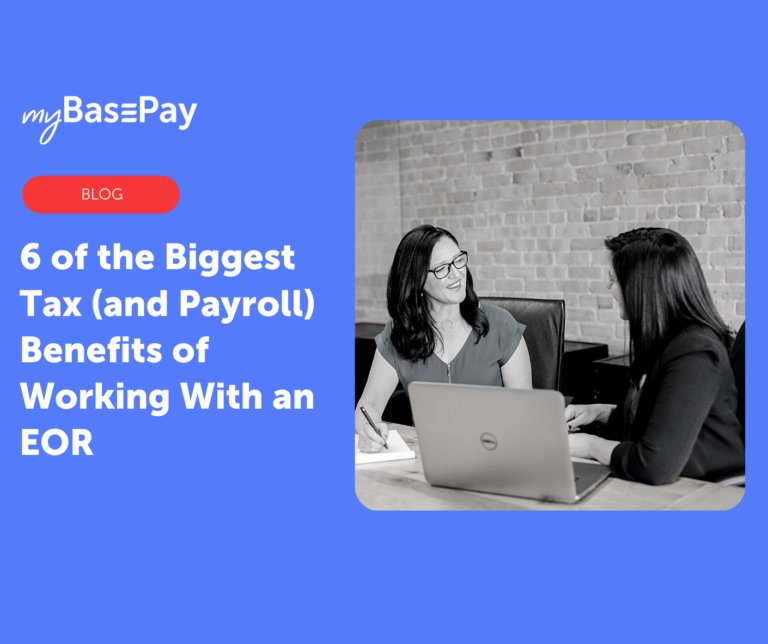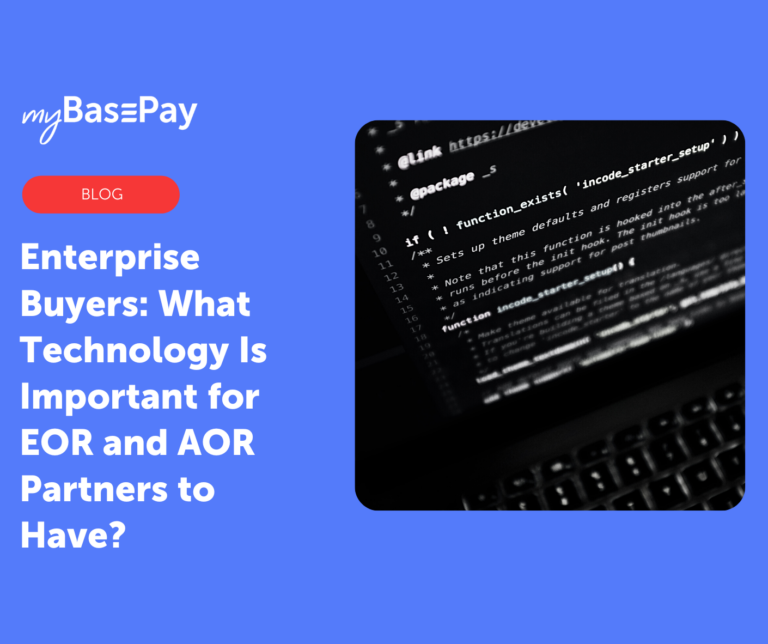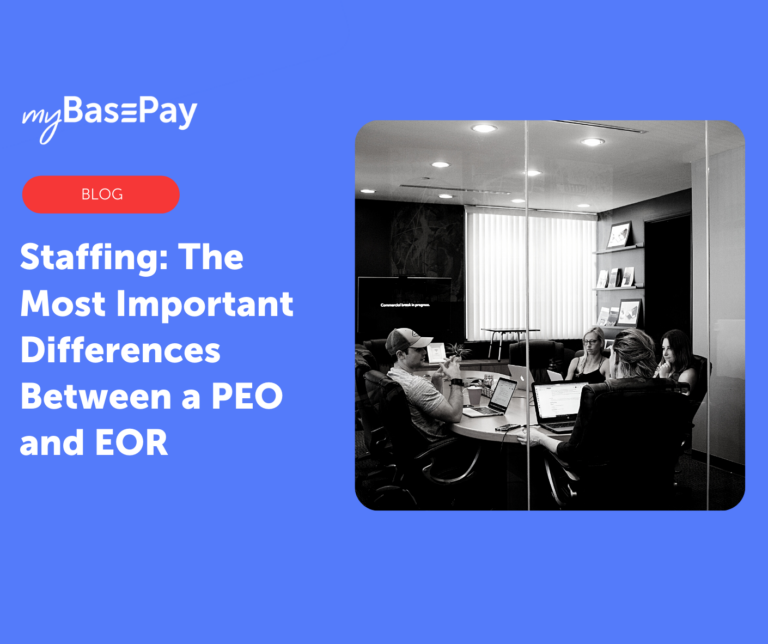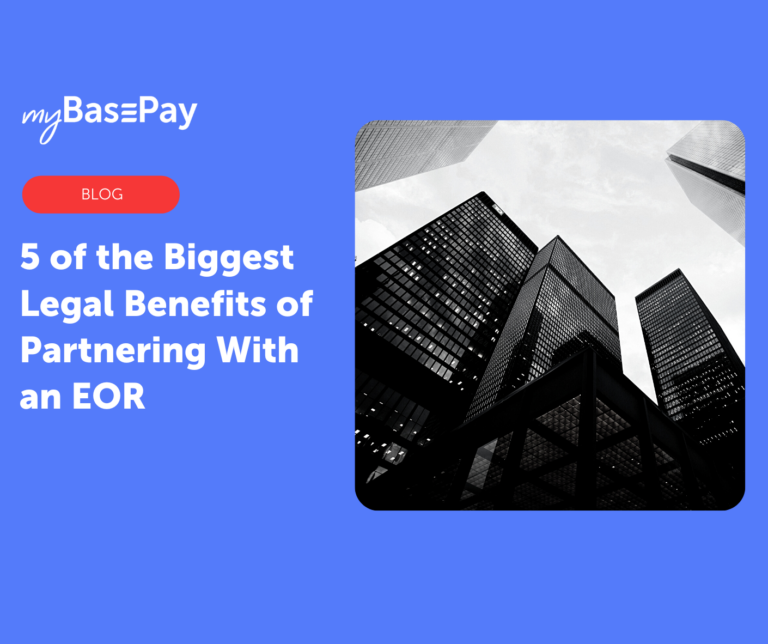EOR, AOR, PEO and GEO: Making Sense of Them (and How to Know What’s Right for You)
Though relatively new, distributed work is an increasingly popular business concept. Until recent world events forced many to conduct work from home, most workers relocated for the sake of their job. Now, various remote models are emerging — the trouble is, not every employer understands their differences.
The remote business model has four main variations: Employer of record (EOR), agent of record (AOR), professional employer organization (PEO), and global employer organization (GEO). While their titles might all sound the same, each offers a range of options according to your business needs.
If you’re looking to grow or scale your company, you need to expand your global presence.
Recruiting individuals or teams through any one of these solutions can help you do so without putting your current business model, resources, or capital at risk. Let’s explore these four popular global employment solutions, and determine how to identify which one is right for your business.
What Is an Employer of Record (EOR)?
It’s important to note that some of these solution titles are categorized as either legal or descriptive terms. An EOR, for example, is a descriptive term rather than legal — meaning it’s describing a business that offers administrative aid to companies.
Particularly in the modern business environment, small businesses are struggling to scale their company while hiring remote employees without facing legal obstacles. An EOR provider will offer assistance by managing these tasks and complying with local labor and tax laws on behalf of the company.
An EOR is essentially responsible for paying salaries and benefits to workers while ensuring compliance with the host country’s employment regulations. Any HR-related tasks that are related to hiring an international employee are handled by an EOR, thus ridding the company of any obligation to establish a remote office in the country where it needs employees.
EORs can also advise clients (companies) on onboarding and offboarding practices, managing such responsibilities as compliant payroll, benefits, deductions, notice periods, severance, and termination standards.
It’s important to mention that EORs are not responsible for quality control of remote employees’ work, promotions, project management, or the decisions involved with termination and compensation (minus the legal paperwork).
What Is an Agent of Record (AOR)?
An agent of record, or AOR, is a legal phrase that refers to a third-party company that is authorized to act on behalf of another. In simpler terms, that means an AOR is typically responsible for managing independent contractors.
An AOR essentially acts as a representative for a contractor, forwarding invoices, and accepting and fulfilling payments on behalf of that worker and the company to whom that work is providing services — making this a business arrangement rather than an employment relationship.
Businesses often use an AOR for independent contractors, also know as 1099 workers. Throughout the arrangement, an AOR maintains the relationship with the independent contractors they place within the hiring company.
The AOR works to ensure the contractor complies with IRS regulations throughout the business arrangement and makes sure the company doesn’t accidentally change the nature of the arrangement. This solution also offers the company long-term value, as an AOR can serve as a layer of protection for the company to use 1099 workers.
What Is a Professional Employer Organization (PEO)?
A PEO is a legal term that refers to an organization that co-employs its client’s workers.
This means a PEO can provide human resource management services to smaller businesses looking to scale. By taking on these HR responsibilities, the company can focus on growth strategies. These responsibilities might include payroll, benefits, tax, administration, and regulatory compliance assistance.
In that way, a PEO is similar to an EOR, which also takes care of similar HR duties. However, a PEO requires employers to possess a local entity and enter into a joint-employment relationship, while an EOR internationally recruits without an entity or co-employment status. A PEO service enables companies to outsource their HR functions and gain economies of scale by adopting more benefits, often at more affordable rates.
Particularly for a company looking to expand to new locations, a PEO can serve as a huge benefit by providing modern global employment solutions that are usually out of reach for a much smaller business.
With the help of various experts in multiple locations, PEOs make sure that all remote employees are operating compliantly according to their host country’s regulations — which is arguably their most important purpose.
What Is a Global Employer Organization (GEO)?
A GEO (sometimes called a global PEO), is a descriptive phrase referring to an EOR that hires individuals who live in jurisdictions outside those in which the company is incorporated.
Since the global economy has undergone so much transformation over the past few years, most businesses are attempting to expand into international markets — leading to an increase in demand for GEOs.
GEOs help companies navigate the meticulous processes of managing employees located all over the world. GEOs have become particularly appealing to investors and regulators, as the focus on corporate governance and transparency is on the rise. Additionally, the evaporating pool of talent to draw from is motivating companies to hire quality candidates elsewhere, and GEOs are making the process easier.
While EORs and GEOs are two separate solutions, an EOR is often involved in the much larger purpose of a GEO, which helps businesses employ workers from foreign countries while complying with local labor and tax laws.
Selecting the Right Solution
As the competition for hiring top talent and the number of recruitment solutions increase, selecting the right service is crucial for the ongoing success of your company. Understanding the differences between EORs, AORs, PEOs, and GEOs can help you make the right decision.
Much of that decision will come down to the intentions of your workforce plan. Are you looking to hire a team of contractors for a short-term project? You may want to consider an EOR. Or are you hoping to outsource all HR duties? The answer might be hiring a PEO.
Whichever solution you choose, partnering with a global employment solution can help minimize risk, centralize administration, and simplify operations while boosting your business’s growth efforts.
Author: Cesar Jimenez, myBasePay CEO
Cesar A. Jimenez is an entrepreneur, investor, and military veteran with over 25 years of staffing industry expertise successfully leading technology staffing organizations. His expertise in the IT industry allows him to use his experience as a thought leader for talent acquisition, staffing, IT, and recruitment technologies with a passion for contingent workforce solutions. Cesar has held various leadership roles for both a global staffing organization and technology solutions companies. This expertise has enabled him to develop alternative workforce models that provide the agility for organizations to be competitive in today’s marketplace. In his spare time, he enjoys spending time with hisfamily, working out, and coaching high school baseball players.
